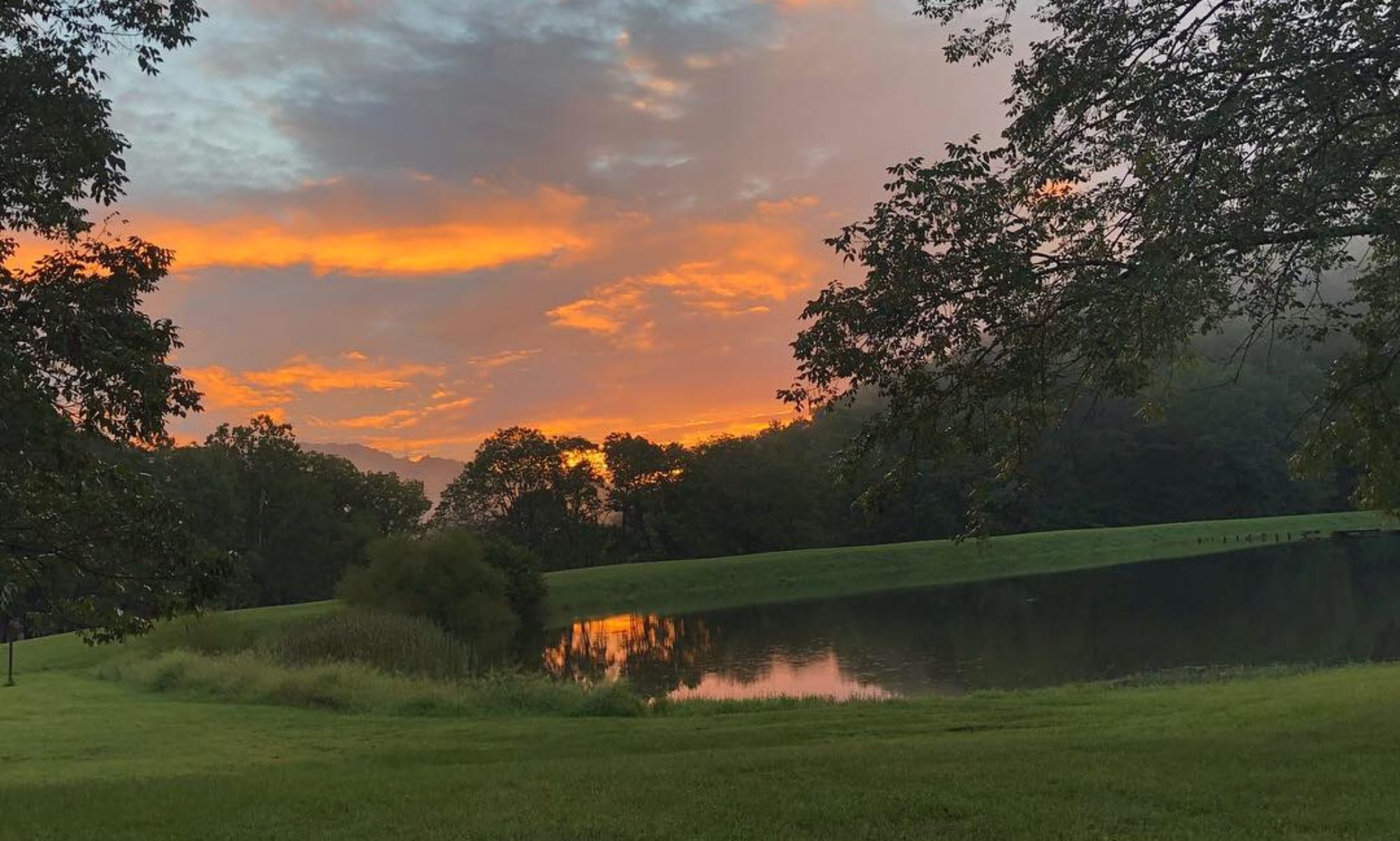“At any moment, about one out of every two Americans is experiencing measurable levels of loneliness. This includes introverts and extroverts, rich and poor, and younger and older Americans. Sometimes loneliness is set off by the loss of a loved one or a job, a move to a new city, or health or financial difficulties — or a once-in-a-century pandemic.
When people are socially disconnected, their risk of anxiety and depression increases. So does their risk of heart disease (29 percent), dementia (50 percent), and stroke (32 percent). The increased risk of premature death associated with social disconnection is comparable to smoking daily — and may be even greater than the risk associated with obesity.
Loneliness and isolation hurt whole communities. Social disconnection is associated with reduced productivity in the workplace, worse performance in school, and diminished civic engagement. When we are less invested in one another, we are more susceptible to polarization and less able to pull together to face the challenges that we cannot solve alone — from climate change and gun violence to economic inequality and future pandemics.
NYTimes, 4/30/2023


Basketball Courts
At last month’s CCAC meeting the residents of Westlake voiced their opposition to the proposed Oak Bluff development. I have no doubt that eventually, houses will be approved and built there. And with any luck, I will represent people buying or selling in there.
But, I’ve not been able to stop thinking about one of the comments about space where they gather, have food trucks, and play basketball.
… asking where will be basketball courts.
A: We will have programmed area, but I don’t know.
“We don’t know.”
Places and spaces where people can congregate – to nurture and become a community – are critical.
We – builders, developers, local government, people – spend a lot of time considering what type of houses will be built (and often falling victim to inertia, and building what has sold, rather than what would sell), and not enough time designing for the community. Not just the Oak Bluff and/or Westlake, and/or Westhall, but for the Crozet community.
Look, we all knew, or should have known, that the Eastern Connector was going to go there.
I also know that I don’t own the land, so my opinion is just that.
One of the comments during the meeting was that Westlake was to have had a pool and programmable space; there is none there now, and the residents have claimed the only space available — unfortunately, it’s not theirs to claim permanently.


As a community member, I feel for our neighbors in those communities. As a Realtor, I know that houses are products – products that are made better and more marketable by proximity to stuff, whether that stuff be shops, restaurants, parks, trails, or gathering places.

Read more: Thinking about Places and Spaces
Garages and Neighborhood Activation
Houses in neighborhoods without garages have more neighbors that know, and spend time with, each other. it’s an interesting theory, and one on which I’d love to see some data. Lacking the data, I’ll share three nuggets.
- Years ago, I was waiting for clients on the front porch of a house on a cul-de-sac; each house had a garage. It was around 6 o’clock, as people were coming home from work. I watched as people drove home, opened the garage, pulled inside, closed the garage, and turned off outside lights. Awful.
- A client recently shared that another client had mentioned how she’d lived in different parts of the same neighborhood. Of the three parts, the part with the most active neighbors in which she had lived was the one with no garages. Like it or not, people were forced out of their houses, whether only from the car to the front door, or car to mailbox to front door … they were put in a position to interact and engage with their neighbors.
- And … countering the above hypothesis, I can point out numerous streets with garages that are littered with children and adults.




When we contracted for our first house in OTV (2014), we said “No garage”. Three weeks later Builder said “Developer mandates garage” Builder gave us a deal to keep us in contract and we filled most of garage with stuff we didn’t need to keep.
NYC Brownstone neighborhoods are alive because there are no garages!